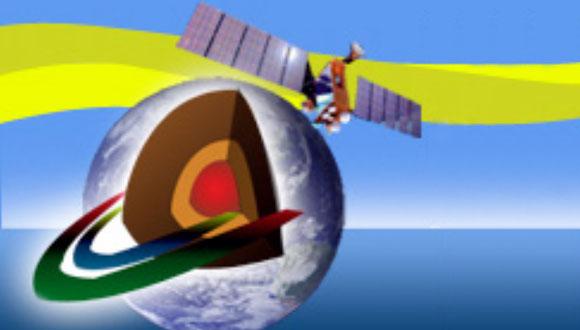Dept. of Geosciences Colloquium: Friction, Roughness, and Sliding Instability
Prof. Yossef Hatzor, Ben Gurion University
Abstract:
Friction of rock discontinuities controls diverse dynamic processes in the earth including motion across plate boundaries, nucleation and rupture of faults, induced seismicity across pre-existing faults, and sliding of rock bodies on the earth surface. In this talk we will briefly review the physics of friction of rock discontinuities with emphasis on surface roughness and how it affects sliding instability. We will show that stick slip oscillations, historically considered a good analogue for real earthquakes, are highly sensitive to the initial roughness of the sliding interface. We will show, based on our experimental work, that there exists a “critical roughness”, above and below of which sliding is stable. We will explore, experimentally, the degradation of fault roughness through slip and how sliding distance, normal stress, and sliding rate all influence roughness degradation. The significance of the experimental results will be demonstrated using the catastrophic 1963 Vajont landslide that caused the loss of 2200 lives in Longarone Italy, as a case study. It will be shown that with as little as 25% degradation of initial roughness across the sliding plane the calculated peak velocity of the slide as obtained by previous analytical studies (up to 30 m/s) and the mapped runout distance (up to 350 m) can be obtained using the numerical, discrete element, discontinuous deformation analysis (DDA) method when roughness degradation across sliding interfaces is implemented in the code.
Event Organizer: Dr. Roy Barkan


